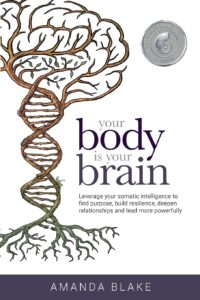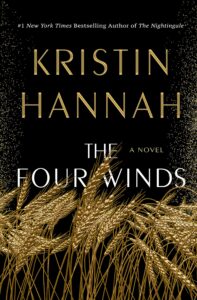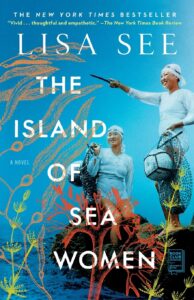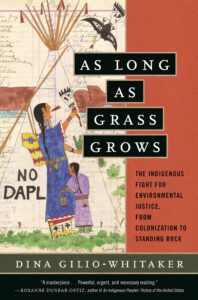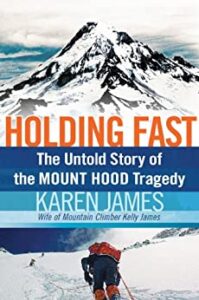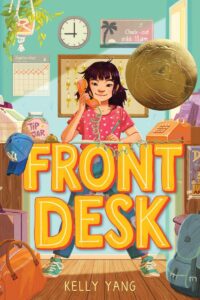Matt Haig | Fiction, 2020
288 pages
![]()
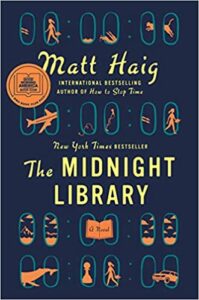
Nora Seed, depressed and suicidal, is stuck between life and death, in a place called the Midnight Library. In the Midnight Library she selects books, with the assistance of her former school librarian, Mrs. Elm. There are an infinite number of books Nora can select, and each takes her to a different life. One decision away from her “root life” or one choice or a series of choices creates a plethora of lives. We see Nora actually marry Dan, whom she left at the altar; not give up on an Olympic swimming career; stay with the highly successful band The Labyrinth and become a superstar; actually accept the coffee date with Ash; become a glaciologist in the Arctic; teach philosophy at Cambridge University. She explores what she sees as “better” lives, guided by her own personal “Book Of Regrets.” In the end, of course, it isn’t the circumstances of her alternative lives that are essential … it is her perspective.
This is a clever story line I think, with its bits of magic. So I keep asking myself why I am giving it three hearts instead of four? I believe it comes down to Nora. I don’t really like Nora. She is shallow and I cannot find her redeeming or endearing qualities. I want a richer, deeper character. More introspection, more angst perhaps, more joy. I recommend Midnight Library with hesitation.
July 2021

